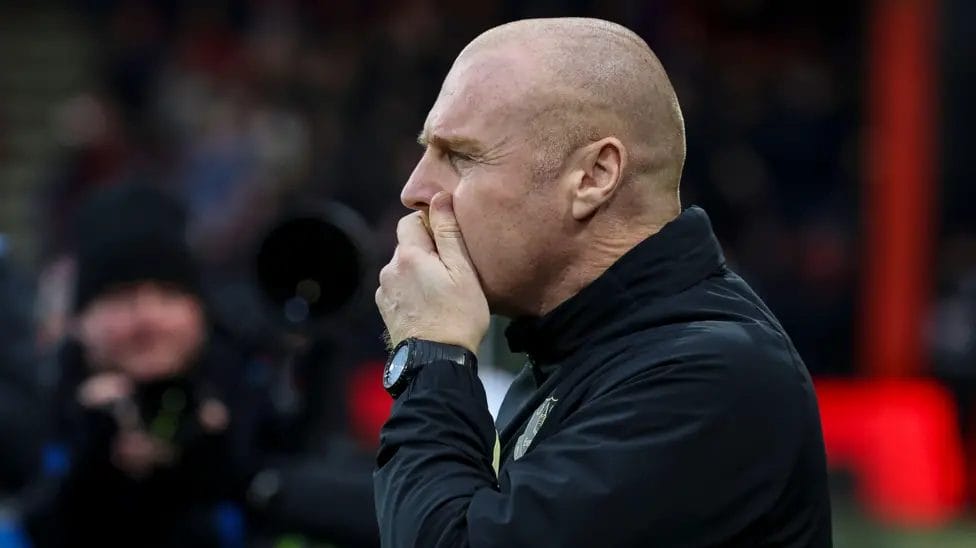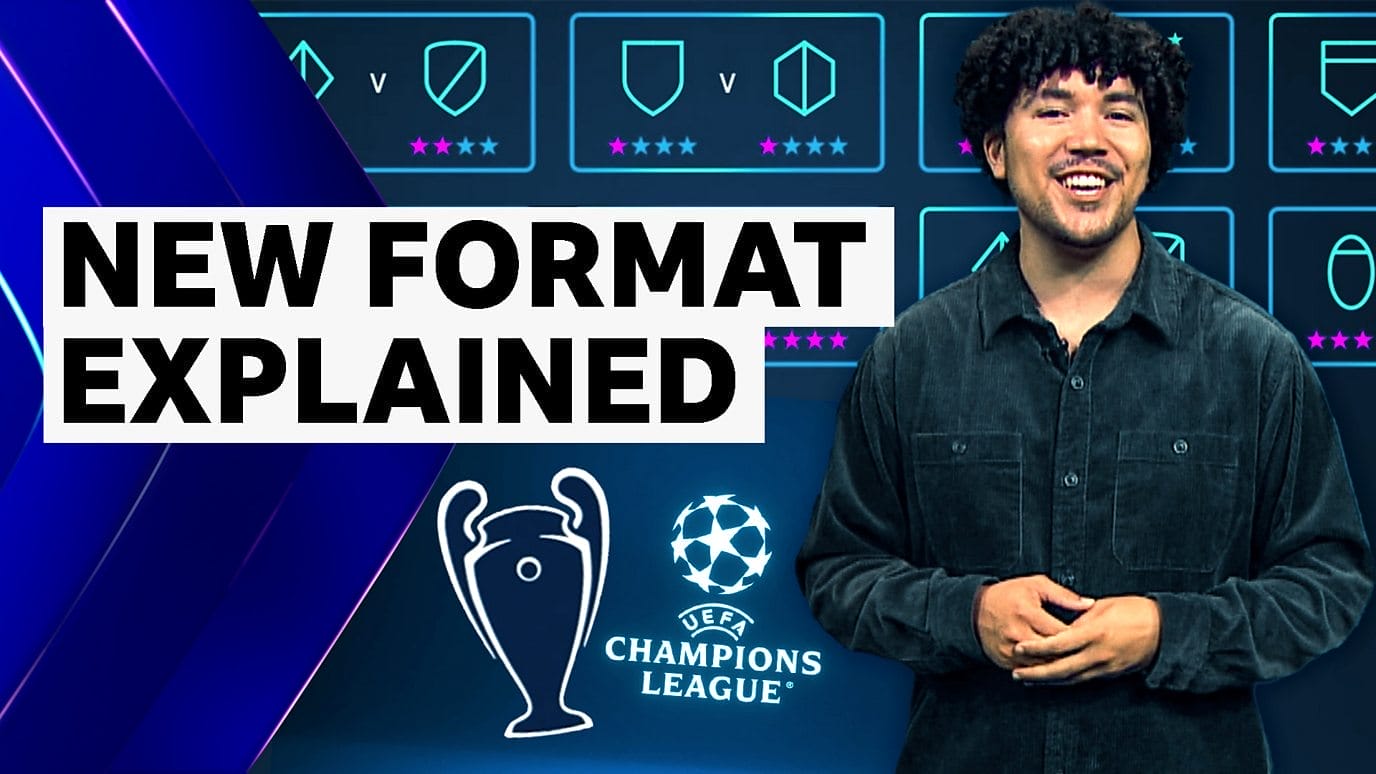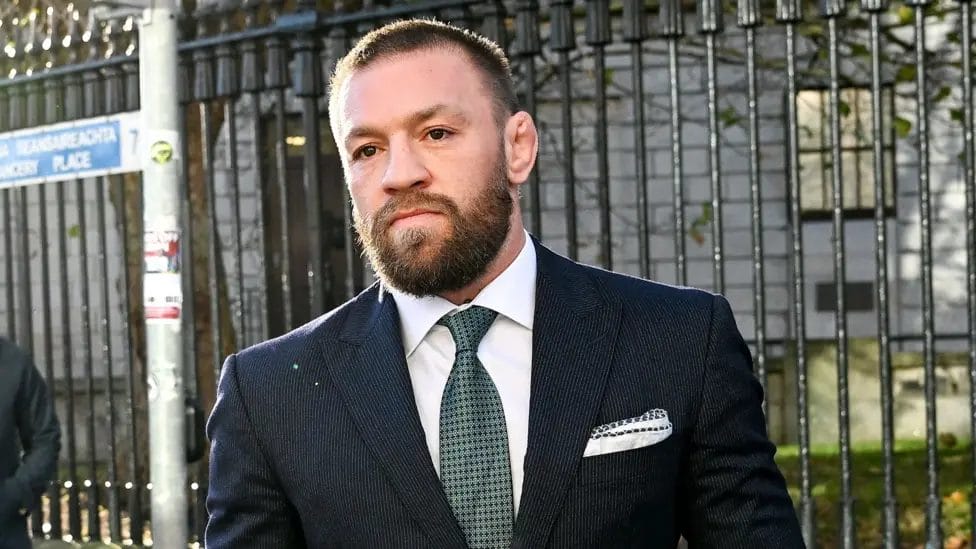
In a dramatic turn of events, Everton Football Club has decided to part ways with manager Sean Dyche after less than two years at the helm. The decision comes at a difficult time for the Toffees, who are struggling in the Premier League and currently sit just one point above the relegation zone. Everton’s decision to sack Sean Dyche has raised numerous questions about the future of the club and the direction they are heading in as they prepare to leave Goodison Park for a new stadium. In this article, we’ll break down the reasons behind the decision, examine the club’s current plight, and assess what the future might hold for Everton after the sacking of Sean Dyche.
Why Did Everton Sack Sean Dyche?
Sean Dyche’s sacking has left many Everton fans and football pundits scratching their heads. Dyche, who took over from Frank Lampard in January 2023, had initially been tasked with securing the club’s Premier League status after they found themselves in the relegation zone. His appointment was met with cautious optimism, as Dyche was known for his ability to organize teams defensively and manage in difficult circumstances. Under his leadership, Everton survived relegation on the final day of the 2022-2023 season with a crucial 1-0 victory over Bournemouth.
Despite securing survival, Dyche’s tenure was far from smooth. In his second season, Everton’s problems became more pronounced. The Toffees were struggling in the attacking third, with the team failing to score goals consistently. By the time Everton were beaten 1-0 by Bournemouth in December 2024, they were sitting 16th in the Premier League, just one point above the relegation zone. This lack of attacking threat was the final nail in Dyche’s coffin, as he was dismissed just hours before the club’s FA Cup clash with Peterborough United.
A source close to the Friedkin Group, the consortium that recently completed a £400 million takeover of the club, revealed that the new owners had been in talks with Dyche for several days leading up to his departure. Both sides reportedly agreed that the relationship had reached its natural conclusion. While the timing of the sacking — right before an important match — was far from ideal, the decision reflected the owners’ growing impatience with the team’s ongoing struggles.
Everton’s Current Struggles Under Dyche
The decision to sack Sean Dyche was a result of a series of disappointing performances that ultimately left the club in a perilous position. Despite a strong defensive foundation that saw Everton keep seven clean sheets in the 2024-25 season, the team struggled significantly in attack. Everton’s record of just 15 goals from 19 league games made them one of the lowest-scoring teams in the Premier League. In fact, only Southampton, who are currently at the bottom of the table, have scored fewer goals.
One of the most alarming statistics for Everton this season has been their performance in front of goal. Their goals-per-game rate of just 0.79 is the lowest it has been in 13 years. In addition to this, they have had the fewest expected goals (xG) in the Premier League, with a total of just 18.33 — another sign that the team is not creating enough high-quality chances. The Toffees also struggled to register shots on target, with just 63 attempts in total — a number better than only Southampton.
Another damning statistic was the 0-1 loss to Bournemouth in December 2024, where Everton failed to register a single shot on target. This was not an isolated incident, as the team had previously drawn 0-0 with Arsenal in a similarly lackluster performance. These repeated failures to create meaningful goal-scoring opportunities ultimately led to increasing pressure on Dyche.
vThe Lack of Quality in Everton Squad
Everton’s squad has been widely criticized for lacking quality in key areas, particularly in attack. Former Everton midfielder Leon Osman, speaking on BBC Radio 5 Live’s Monday Night Club, pointed out that the team’s struggles in front of goal were the result of both a lack of quality and poor chance creation. “Doing commentaries on their games is not easy at the moment because not much happens,” Osman said. “I do think there is a lack of quality in the squad, but anyone will tell you you should still be creating chances and scoring goals. It is tough to watch.”
With a squad that lacks the firepower to compete in the Premier League, Dyche faced an uphill battle to turn the team’s fortunes around. The decision to sack Sean Dyche was partly based on this lack of progress, with many questioning whether Dyche could continue to motivate a squad that appeared to lack the quality to break through in the top flight.
Everton’s Leadership Crisis: Who’s Next?
Following Dyche’s dismissal, Everton have turned to former players Leighton Baines and Seamus Coleman to take charge for their FA Cup clash against Peterborough. Baines, who is currently the club’s under-18s coach, and Coleman, the club’s captain, have combined for more than 800 appearances for Everton. Their appointment reflects the club’s desire to instill some leadership and stability in the squad, but it also raises questions about the future managerial direction of the club.
Everton’s new owners, the Friedkin Group, are reportedly keen on hiring a manager with Premier League experience. The name most frequently mentioned as a possible replacement for Dyche is David Moyes, who managed Everton from 2002 to 2013 and is currently in charge at West Ham United. Moyes has recently indicated that he is not ready to retire from management, though he has also stated that he does not want to be in a relegation battle. Given his past success at Everton, he could be a strong candidate, though his previous association with the club could complicate matters.
There has also been speculation about other potential managerial candidates, but one name that is firmly off the table is José Mourinho. The former Chelsea, Manchester United, and Tottenham manager was linked to the role, but sources close to Mourinho have ruled out the possibility of him taking charge at Goodison Park. Mourinho, who is currently managing Fenerbahçe in Turkey, had a brief stint under the Friedkin Group at Roma but was sacked in January 2024.
The Future of Everton: A Club at a Crossroads

Everton’s decision to sack Sean Dyche marks yet another chapter in the club’s ongoing struggles. With the team facing the threat of relegation, the sacking of Dyche signifies a pivotal moment for the club. As the Toffees prepare to leave their iconic Goodison Park home for a new stadium at Bramley-Moore Dock, the club’s future remains uncertain.
The timing of Dyche’s sacking is also significant in this context. With Everton’s 132-year-old stadium set to be replaced, the club is entering a new era, one in which the owners will be looking for both on-pitch success and a more modern, progressive approach. Whether the next manager can deliver results in a season where Everton are fighting relegation remains to be seen. The Friedkin Group will likely be keen to make the right decision and find a manager who can bring stability, improve the attacking play, and ensure the club remains in the Premier League.
Can Everton Avoid Relegation?
The most pressing concern for Everton, now that they have sacked Sean Dyche, is avoiding relegation. With just one point separating them from the relegation zone, every match becomes crucial. The club’s inability to score goals has been a significant problem, and it will be up to the next manager to address this issue. The team has shown promise defensively, but without a reliable attacking force, it is unlikely that Everton will be able to climb the table.
Conclusion: What’s Next for Everton?
The sacking of Sean Dyche was a decision that seemed inevitable given the club’s struggles on the pitch. Dyche’s defensive organization and managerial experience could not hide the deeper issues within the squad, particularly in attack. With the club’s Premier League survival hanging in the balance, the next few weeks will be crucial for Everton. The appointment of a new manager could be the key to securing their top-flight status, but they must act quickly if they are to turn their season around.
As for Dyche, his time at Everton may be over, but he remains a respected manager in English football. Whether he returns to management soon or takes time to reflect on his future remains to be seen. For Everton, however, the search for stability continues, and the hope is that the next chapter for the club will be one of progress, not peril.








